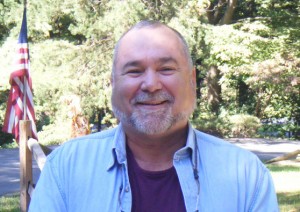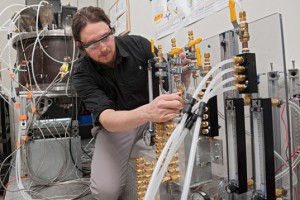
Why we need to bypass electrical utilities if we want to build a low carbon society
Excerpted from Bill St. Arnaud:
“I have long argued that we need to bypass electrical utilities if we want to build a low carbon society.
Utilities, even if they are publicly owned, have an inherent economic incentive to use cheap and dirty coal or gas, as they then earn the generating revenue. With distributed solar panels at homes and business the customer earns the revenue and the utility becomes a dumb pipe. Heard that argument before? Just as we had to bypass the telephone company to build the global Internet we will need to bypass the utilities to build the future Energy Internet.
Currently the entire electrical grid is built around an architecture of large centralized generating stations. A low carbon electrical grid will need an entire different architecture – and it already exists. It is called our roadway system. With electric vehicles we can use them as a store and forward packet technology to deliver renewable energy from roadside solar panels or windmills. Not only does this enable delivery of renewable energy to homes and businesses bypassing the utilities and existing electrical grid, it also provides a clean and efficient transportation system that complements our western lifestyle.”
For more details on the Energy Internet please see green-broadband.blogspot.ca/2012/02/stanford-university-research-on-dynamic.html







